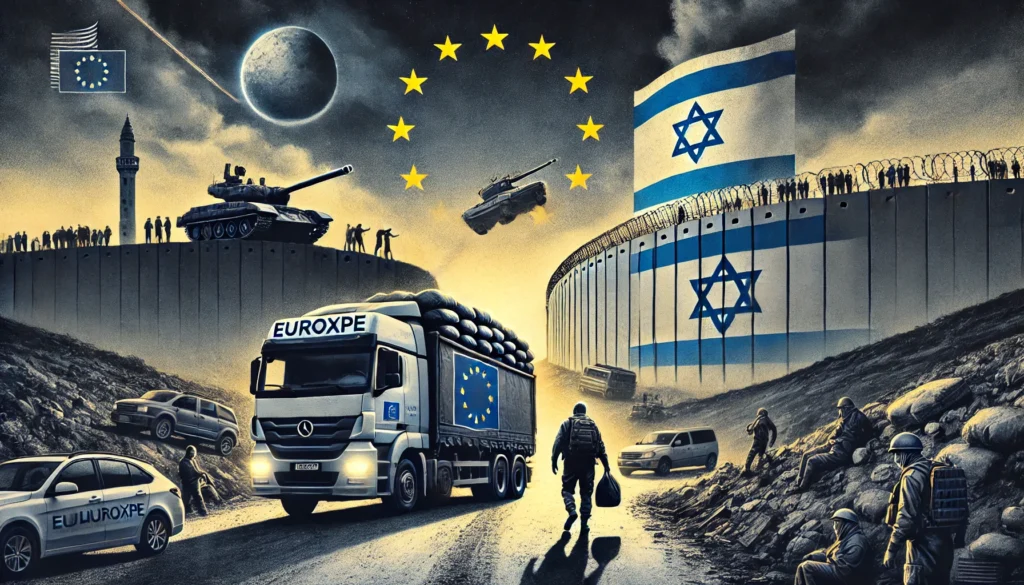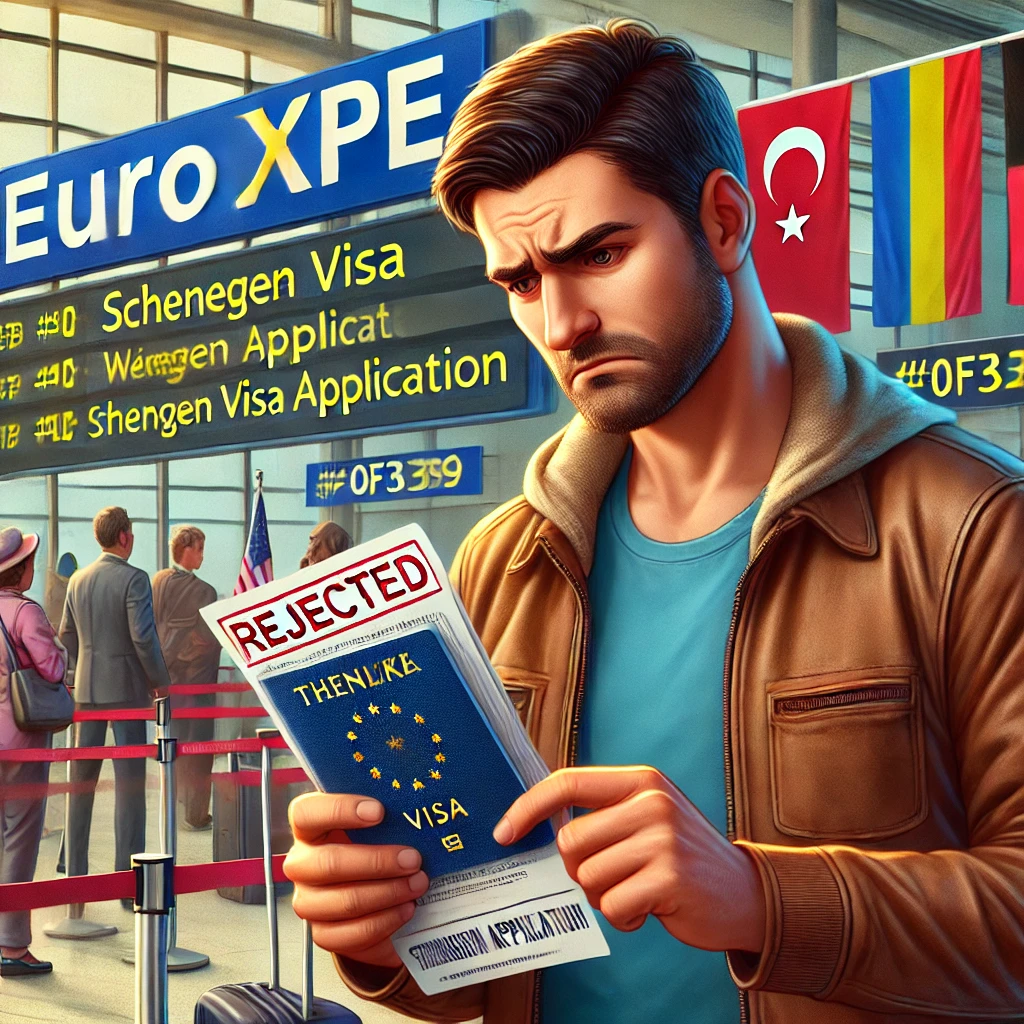The European Union has announced sanctions against five Israeli individuals and three entities on Monday, holding them accountable for “serious and systematic human rights abuses” against Palestinians in the West Bank and East Jerusalem. This move marks a significant stance by the EU against the ongoing issues in the region, highlighting the international community’s concern over the treatment of Palestinians.
The sanctions list, as reported by Reuters, includes Tzav 9, a group known for regularly obstructing humanitarian aid trucks from delivering essential supplies such as food, water, and fuel to the Gaza Strip. This obstruction has been a critical issue, impacting the daily lives and well-being of countless Palestinians in the region.
Also named in the sanctions are Ben-Zion Gopstein, the founder and leader of the Lehava organisation, and Isaschar Manne, identified by the EU as the founder of an unauthorised outpost in the Israeli-occupied West Bank. These individuals have been significant figures in the controversial activities within the occupied territories.
The United States has also previously sanctioned these individuals and entities, with Tzav 9 described by Washington as opposing Jewish assimilation with non-Jews and agitating against Arabs under the guise of religious and national security concerns. The alignment of EU and U.S. sanctions underscores the severity of the actions attributed to these groups and individuals.
There was no immediate comment from those who were sanctioned. However, Israeli Finance Minister Bezalel Smotrich, a strong advocate for Israeli settlements, condemned the EU’s actions. He labelled the sanctions as an “inappropriate and unacceptable step between friendships” and criticised them as an undemocratic intervention that undermines freedom of expression and protest among Israeli citizens. Smotrich emphasized that imposing sanctions on Israeli citizens within settlements or right-wing organisations crosses a significant red line and has vowed to seek the cancellation of these sanctions.
The EU sanctions, imposed under the EU Global Human Rights Sanctions Regime, include an asset freeze and a travel ban to EU countries. This comprehensive approach is designed to exert pressure on those responsible for human rights abuses and to deter further violations.
With Monday’s additions, the total number of sanctioned individuals and entities under the regime now stands at 113 natural and legal persons and 31 entities from various countries. This expanding list reflects the EU’s commitment to addressing human rights abuses globally and holding perpetrators accountable.
The sanctions are a clear message from the European Union regarding its stance on human rights and its willingness to take action against violations. This move may influence other international bodies and countries to reconsider their positions and potentially introduce similar measures. The situation in the West Bank and East Jerusalem remains a contentious and sensitive issue, with the potential for further international diplomatic repercussions.
The EU’s decision to sanction these individuals and entities not only aims to curb the immediate human rights abuses but also to foster a broader dialogue on the necessity of respecting international humanitarian laws and the rights of Palestinians.






